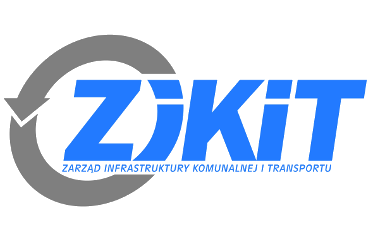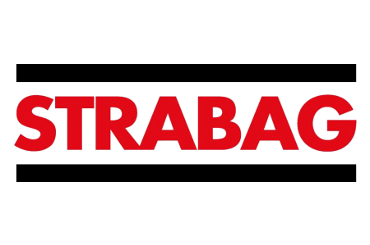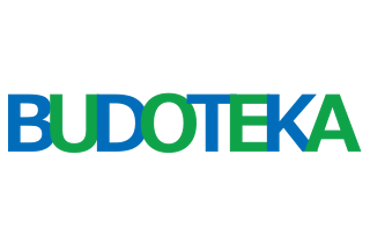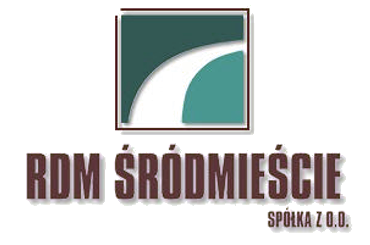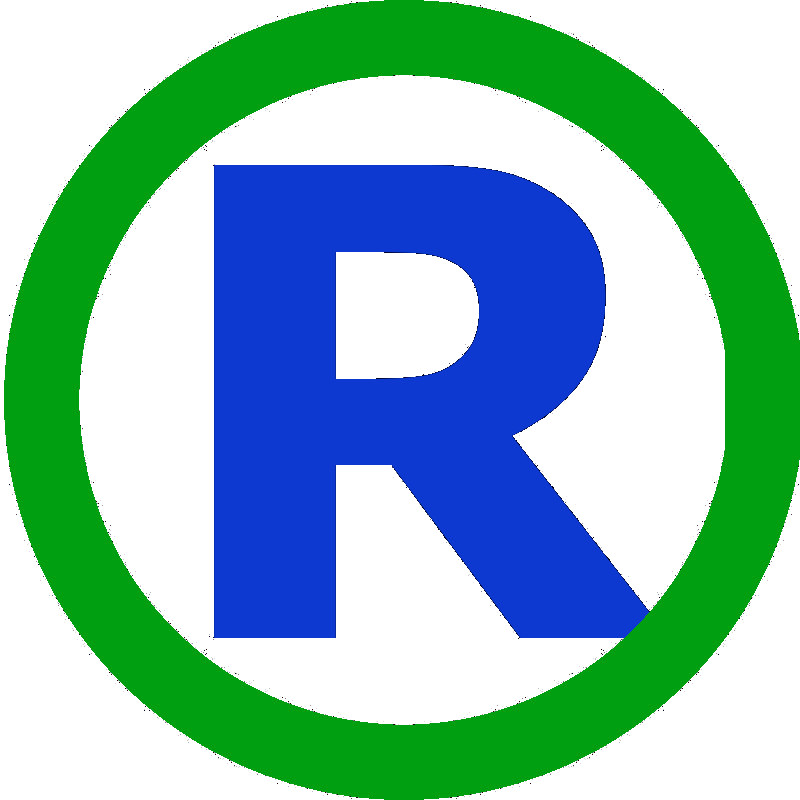Business-to-Consumer (B2C) within the road, traffic engineering, and road safety sectors is a business model where companies provide services or sell products directly to end-users, i.e., individual private citizens. Although B2B transactions are the dominant form here, B2C relationships are becoming increasingly important due to the rise of digital platforms and growing public awareness of safety.
Retail Sales and Services for Consumers
In contrast to the complex, multi-million dollar B2B infrastructure projects, B2C transactions in this industry focus on products and services directly beneficial to drivers, cyclists, and pedestrians. Examples include:
-
Safety-related Products: Retail sales of reflective items, safety vests, bicycle lights, and devices for monitoring speed or detecting road hazards.
-
Mobile Applications: The development and subscription-based sale of navigation apps that offer advanced features such as alerts for traffic jams, roadworks, or even safety audits for specific routes.
-
Informational Services: Selling access to detailed maps, analyses of traffic density in a given city, or subscriptions to newsletters with updates on road conditions.
Education and Public Awareness
The B2C model in this sector is also a crucial tool for educating the public on road safety. Many companies, including R4U, can use digital channels to deliver valuable content that influences user behavior. Such activities include:
-
Informational Campaigns: Publishing videos, articles, and infographics about traffic rules, proper use of infrastructure (e.g., roundabouts, bicycle paths), and potential dangers.
-
Online Webinars and Training: Organizing educational sessions aimed at individual drivers or parents to increase their awareness of safety principles.
-
Individual Consulting: Offering online consultations on regulations or planning safe routes, for example, for cyclists navigating urban traffic.
Modern B2C commerce in the road sector heavily relies on digital channels, including:
-
Online Stores: Enabling the sale of physical and digital products, with online payment systems and courier delivery.
-
Social Media: Serving as a platform for promotion, community building, and direct interaction with customers.
-
E-learning Platforms: Providing a way to sell online courses and training, which is particularly important for road safety education.
While B2C represents a smaller market segment compared to B2B, its growing role in education and direct service sales is becoming increasingly evident. Companies like R4U can effectively combine both models, leveraging their expert knowledge from B2B projects to create valuable products and services for consumers.








